News
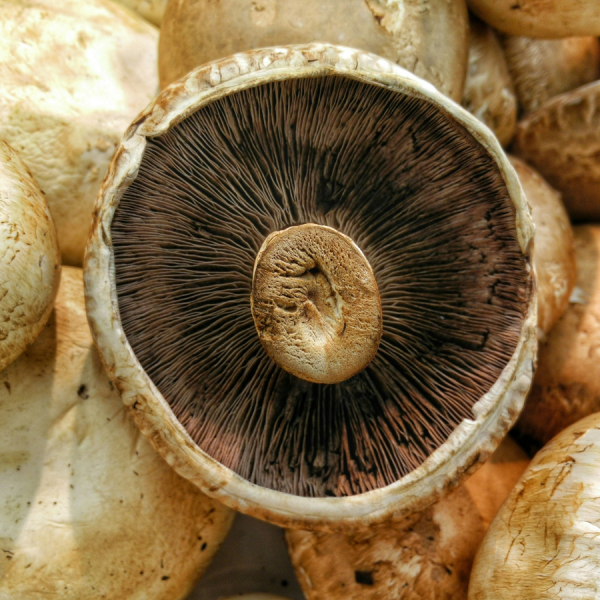
Jan 27, 2025
Harnessing mushroom microbiomes for better crop development
Microorganisms collected from the material in which button mushrooms are grown may benefit the development of future fungi crops, according to a study led by researchers in Penn State’s College of Agricultural Sciences and published in the journal Fungal Biology.
Full Article

Jan 28, 2025
Pennsylvania Sea Grant launches research video series
Pennsylvania Sea Grant, a program supported by Penn State and the National Oceanic and Atmospheric Administration (NOAA), has launched a new video series featuring eight research projects conducted across the commonwealth.
Full Article
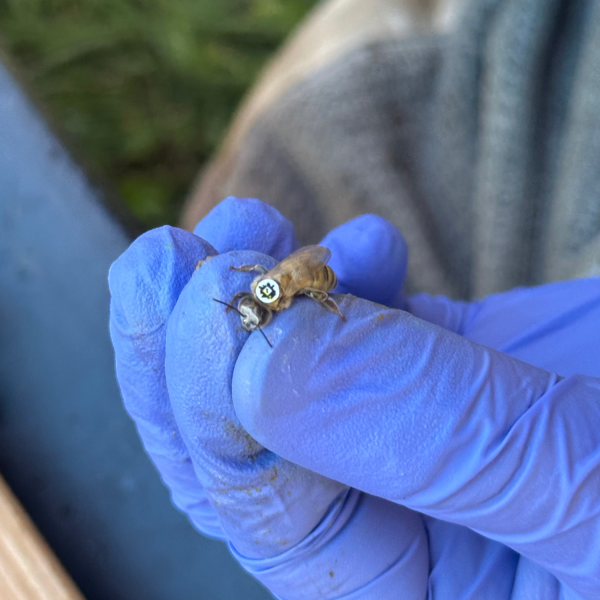
Jan 23, 2025
‘Buzz me in:’ Bees wearing itty bitty QR codes reveal hive secrets
Researchers attached QR codes to the backs of thousands of bees to track when and for how long they left their hives.
Full Article

Jan 21, 2025
Christina Grozinger to lead Huck Institutes of the Life Sciences as director
Christina Grozinger, Publius Vergilius Maro Professor of Entomology and director of the Center for Pollinator Research, has been named the new director of the Huck Institutes of the Life Sciences at Penn State.
Full Article
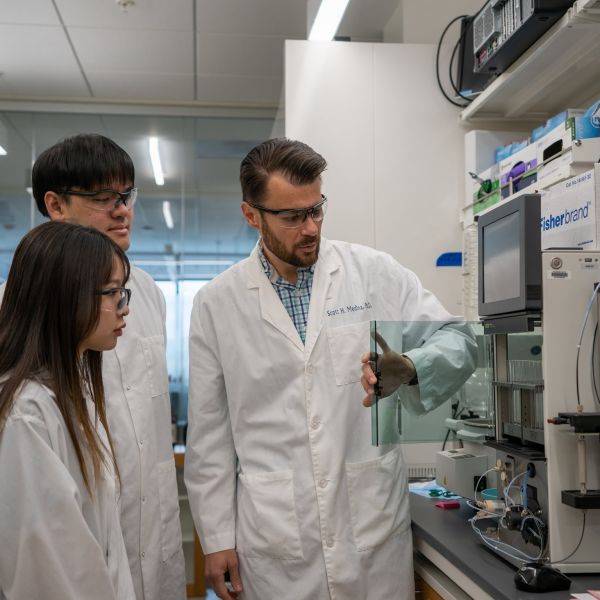
Jan 17, 2025
Discovery could eliminate need to refrigerate vaccines and protein-based drugs
A new storage technique can keep protein-based drugs and vaccines stable without keeping them cold. The discovery, led by researchers at Penn State, could eliminate the need for refrigeration for hundreds of life-saving medicines like insulin, monoclonal antibodies and viral vaccines.
Full Article
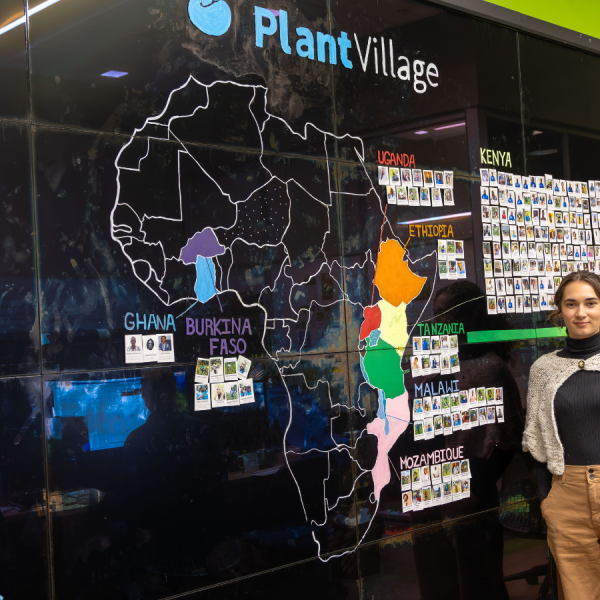
Jan 14, 2025
PlantVillage empowers farmers around the world to combat climate change
UN-supported Penn State research-based non-profit expands into for-profit sector with help from Invent Penn State NSF I-Corps programming
Full Article

Jan 13, 2025
College of Ag Sciences graduate students receive research grant awards
Thirteen graduate students in Penn State’s College of Agricultural Sciences received research grants recently awarded by the Northeast Sustainable Agriculture Research and Education (SARE) program, organized by the U.S. Department of Agriculture.
Full Article

Jan 13, 2025
Virtual speaker to discuss impact and potential of PlantVillage on Jan. 21
The next Virtual Speaker Series from the Penn State Alumni Association will highlight PlantVillage, an AI-enabled "land grant in a phone" that uses data sharing to help farmers adapt to climate change and manage emerging pests and diseases.
Full Article
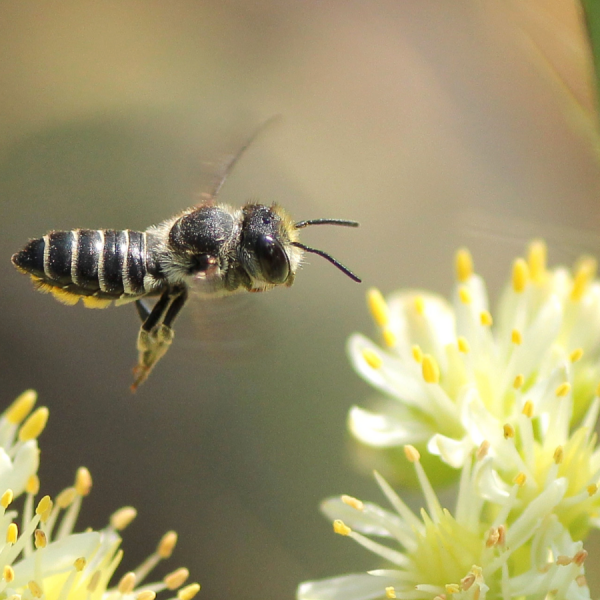
Jan 07, 2025
Quantity over quality? Different bees are attracted to different floral traits
When it comes to deciding where they’re going to get their next meal, different species of bees may be attracted to different flower traits, according to a study led by researchers at Penn State and published in PNAS Nexus.
Full Article

Jan 02, 2025
Pet dogs often overlooked as spreader of antimicrobial-resistant Salmonella
A team of Penn State researchers have found that household dogs are an overlooked transmission point for zoonotic pathogens such as nontyphoidal Salmonella.
Full Article